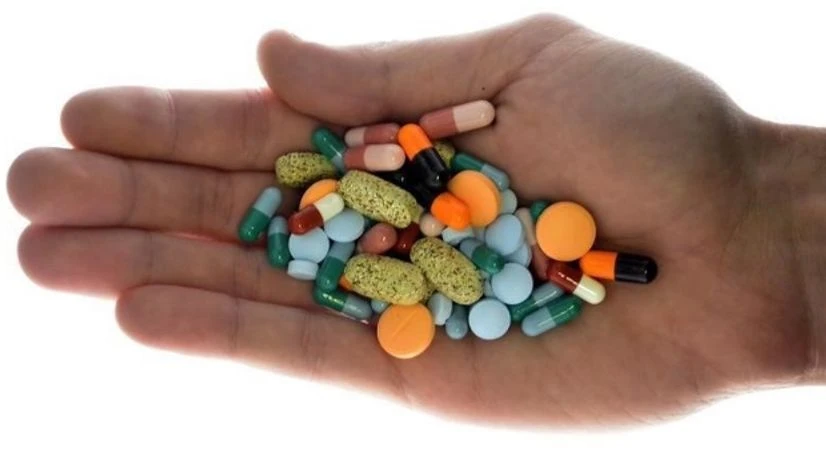The CDSCO had come out with the list of companies that had been issued letters- irrationality, no-objection certificates for continued manufacturing and distribution, and some for conducting phase IV trials. The central drug safety regulator has given the pharmaceutical industry 90 days to get back with their comments. This is part of the government's plan to ban Fixed Dose Combinations as recommended by the Chandrakant Kokate committee report. Earlier this year, the government banned 344 Fixed Dose Combinations calling them irrational as recommended by the Kokate Committee. Fixed dose combinations are two separate drugs combined into a single dose. The concept is widely accepted in global markets due to the advantages of lower cost and patient convenience.
Banning these drugs shook the industry, which in turn took the matter to various high courts appealing against the order. The government then filed a transfer petition of all cases in the Supreme Court of India. The initial ban, which was taken up earlier this year included major brands like P&G'scold and cough drug Vicks Action 500 Extra, Pfizer India's Corex, Piramal'sSaridon, Reckitt's D Cold Total and Glenmark's Ascoril-C.
By banning Fixed Dose Combinations, the government is looking to wipe out drugs that do not have a "therapeutic justification". Fixed drug combinations have mushroomed in the market as companies in their quest for newer products, and to beat price control in India control come up with mix and match of various ingredients into a single molecule to market them as newer remedies. Fixed DoseCombinations are not a concept in developed countries.

)
